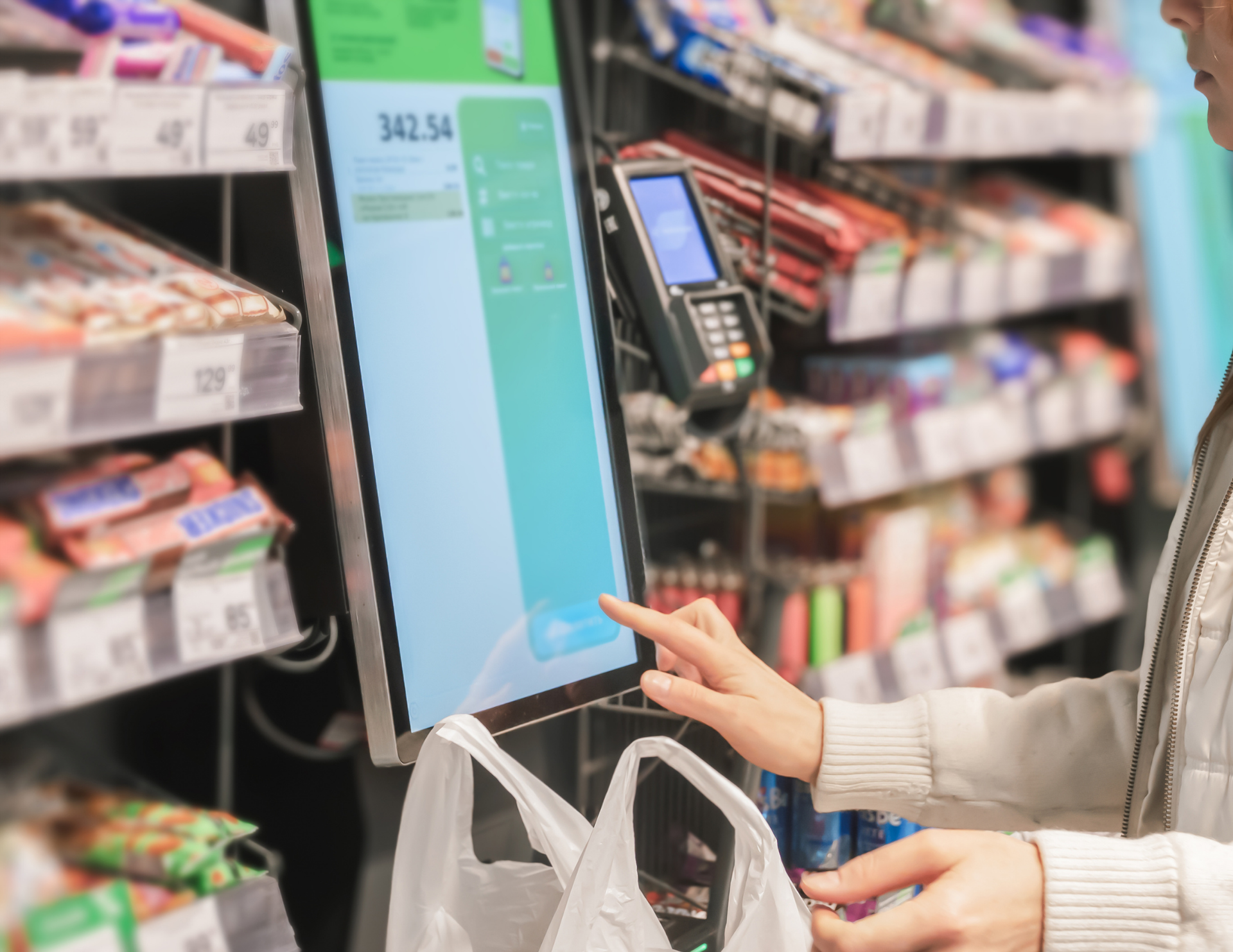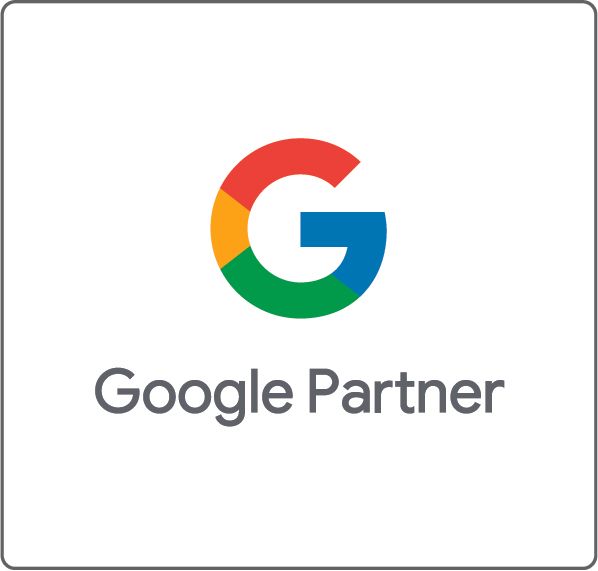The Shoppe - Ad Diversification, Twitter Audio Chats & More
Welcome back to The Shoppe! This week we’re covering Twitter’s launch of audio based group chats, ad diversification trends, the deepfake Christmas Queen and more. Tune in every week for the latest marketing news!
Twitter has launched the testing of its new audio group chat feature, Spaces. Select individuals with access to the new feature can choose the users they would like to include in the chat room. Administrators can decide who may speak in the chat rooms, while any user who joins the room can participate as a listener. Spaces will be available within Fleets, allowing for an unlimited amount of listeners with a maximum of ten speakers at a time. Meetings will be highlighted in purple in the Fleets bubble of the creator while they are live, and conversations will disappear from user view after the group is closed, which Twitter will automatically store copies of for thirty days. Transcripts will be available to creators upon request. You can apply to be a part of the testing of Spaces
here.
Adobe Analytics has put together a comprehensive report of online consumer behaviors throughout the 2020 holiday shopping season. Following online sales in real-time, the site displays what people are buying, how they’re buying it, how much they are spending, and when they are spending it. Users can select various high spending days throughout the month of November, and view top selling products, year-over-year growth in revenues, share and revenue by device and more. Adobe reported $9 billion in online sales in the United States this Black Friday, over 21% YOY growth, with $3.6 billion from smartphones. For the entire month of November, smartphones made up for $39.6 billion of online revenue, while laptops and other devices accounted for over $60 billion. Cyber Monday alone saw more than $10 billion in consumer spending. Despite an unprecedented and financially turbulent year, e-commerce has continued to prove itself as the practical, safe and desirable method of shopping.
Each year, Queen Elizabeth delivers a speech streamed across the world. Focusing primarily on the impact of COVID-19, the announcement this Christmas was filled with messages of hope and pride, and was viewed live by over 8 million people. But accompanying her message this Christmas was a deepfake Queen Elizabeth that appeared on TV screens. The digitally created, imposter Queen danced around, cracked jokes about fellow royals, and advised viewers to question "whether what we see and hear is always what it seems." Framestore, the creators, claim the video was a warning of advancements in technology and the relevance of misinformation. You can view “Deepfake Queen” here.
Following the Facebook blackout in June of this year, marketers have been transitioning from Facebook to other social media platforms like Snapchat, TikTok, Pinterest and Hulu. After seeing success in new, user friendly platforms at a significantly lower cost, advertisers are starting to make space for these ad platforms in marketing plans for the coming year. While Facebook has been reliable in helping businesses reach desired audiences and meet sales goals, Facebook CPMs have been between $14 and $15, compared to $3 and $5 on platforms like Snapchat and TikTok. Additionally ad buyers have seen various ad policy inconsistencies and technical issues with Facebook’s Ads Manager. Between the low costs, increased consistency and developments in ad services on new platforms, diversifying ad spend is becoming more and more appealing.
Thinking of diversifying your media mix? Contact the SparkShoppe team today.
Never miss an update from “The Shoppe,” sign up for our email list today!
Subscribe
Sign up with your email address to receive news and updates.
Subscribe
We respect your privacy.
















